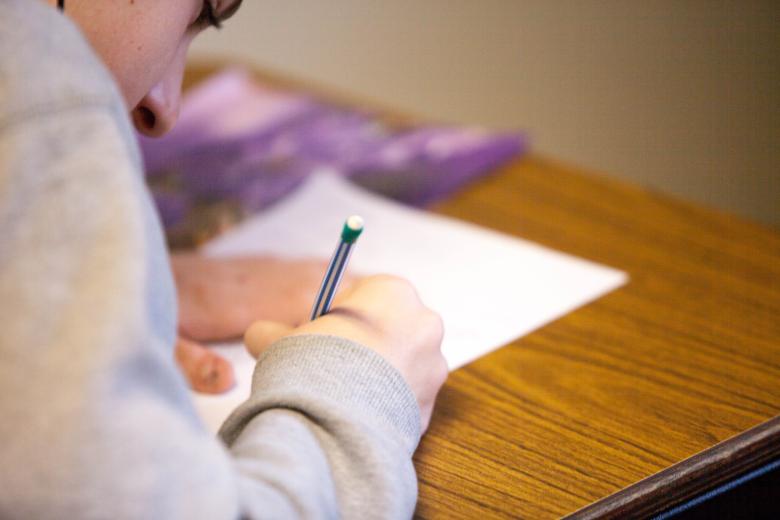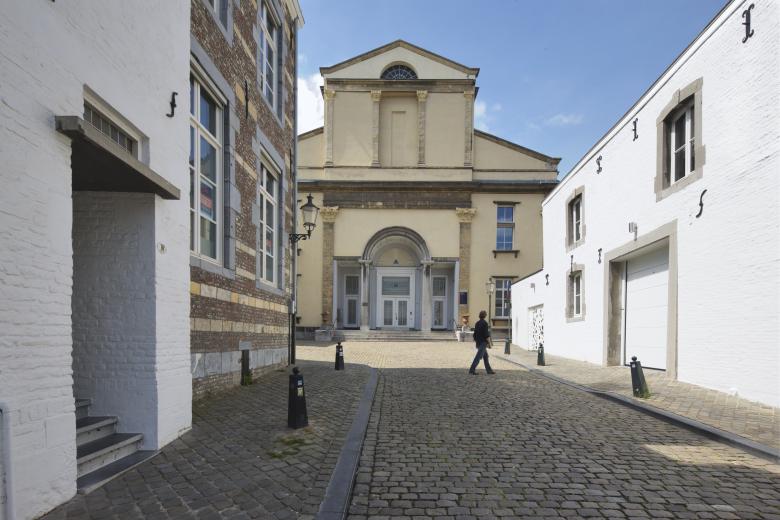Final phase of the PhD project
When the individual studies of a PhD project have been completed, PhD candidates and their supervisors can start the final phase of the PhD process. Below, two checklists can be found for the final steps: one for PhD candidates, one for their supervisors. Please follow the steps in order to successfully finish the final steps of your PhD process.
Checklists for PhD candidates and supervisors
Checklist for PhD candidates
An overview of the final steps of the PhD process for PhD candidates at SHE can be found here.

Checklist for supervisors
An overview of the final steps of the PhD process for supervisors can be found here.

Jeroen van Merrienboer PhD Thesis Award
About 15 PhD candidates defend their thesis at SHE each year. Many of the theses are of very high scientific quality. To honor our PhD candidates and to celebrate scientific progress in health professions education, SHE offers the annual Jeroen van Merrienboer PhD Thesis Award for the best PhD thesis defended in a particular year. The winner is announced at the SHE social gathering at the annual AMEE conference.
SHE Alumni Community
When you’ve successfully defended your thesis you will become part of the SHE alumni community. The SHE alumni community facilitates activities for and by SHE alumni. This community provides a sounding board for professionals who share the same interests. It aims to contribute to a continuation of the collaborative learning that took place during the SHE education programmes.
SHE alumni members all have either a Master in Health Professions Education (MHPE) degree or a PhD degree from the School of Health Professions Education and share the advantages of being part of the SHE Community network. SHE alumni constitute a worldwide bridge between the graduate school and society, making them our best ambassadors. They continue to be part of the academic community and provide a strong link to the health professions education community and societal institutes.
As a SHE alumni you:
- Continue to be part of the scholarly community—an important and useful network—and can rely on a bond of collegiality and friendship in which both SHE and alumni actively participate;
- Have access to participation in alumni activities;
- Exchange knowledge in health professions education and collaborate in projects;
- Receive regular updates on educational and research developments within SHE;
- Above all: enjoy staying in touch with former classmates, returning to Maastricht once in a while, reminiscing together and forging new friendship